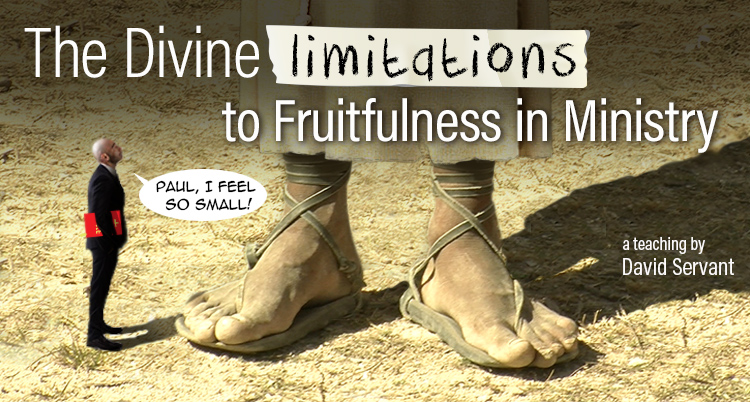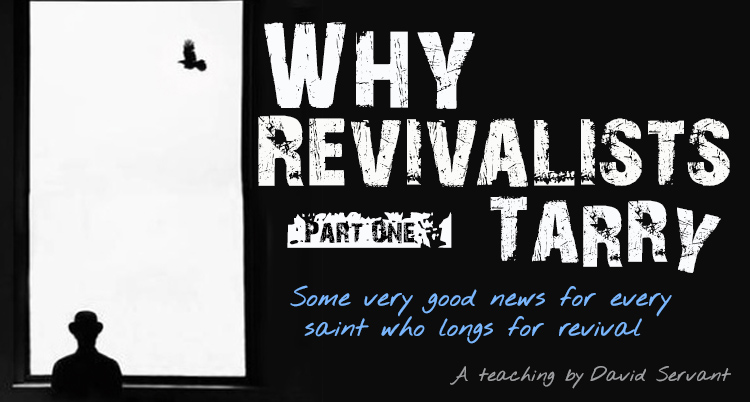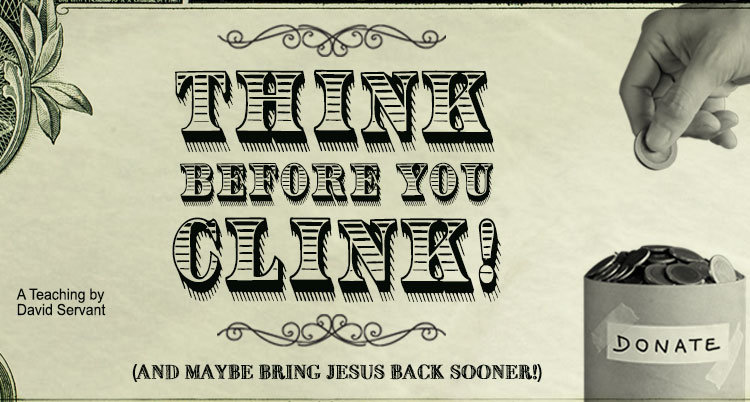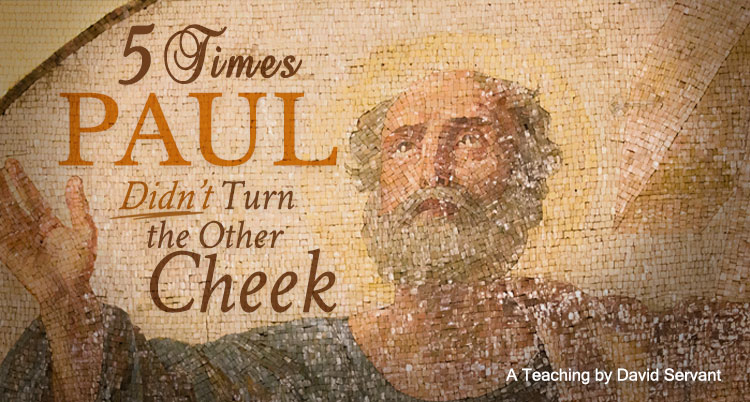Over the past few decades, I’ve found myself often addressing the large segment of professing Christians whose lives reflect very little validation of a genuine, saving faith. Just like Paul, I’ve challenged such professors to “test yourselves to see if you are in the faith; examine yourselves!” (2 Cor. 13:5a). There is no shortage of New Testament scriptures that specifically speak about the kind of fruit that always grows from the hearts of those whom Christ has genuinely come to live within.[1] As Paul wrote in his very next sentence to the Corinthians: “Or do you not recognize this about yourselves, that Jesus Christ is in you—unless indeed you fail the test?” (2 Cor. 13:5b).

“Christ in you” is what true Christianity is all about. He not only died for us, but He lives for us, and He also lives in us and through us. And He doesn’t come to live inside believers just to be a spiritual hitchhiker!









